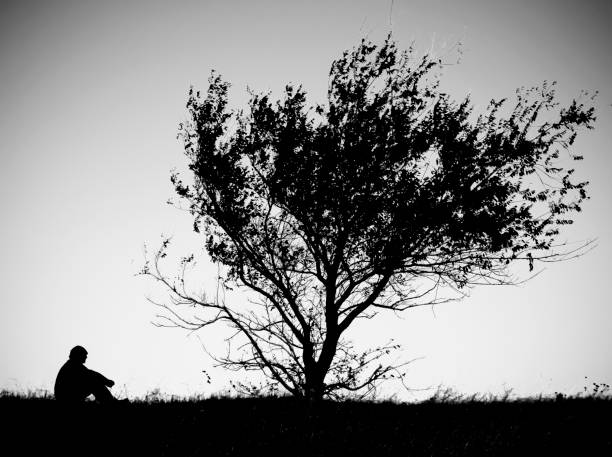In 2023, I was struck by a one-two punch of grief. My mother passed away in May, followed by the loss of my job in June. Honestly, I'm unsure which event affected me more deeply. While my mom's death left a profound void within our family, it wasn't unexpected due to the aggressive nature of her lymphoma and the corresponding treatment, which itself was a formidable adversary. Coupled with the preparatory time provided by my mom’s treatment was the healthy perspective on death that my dad instilled in me while growing up, understanding it as a natural part of life, especially after a fulfilling journey. For me, it softened the blow. However, losing my job after a 30-year career of consistently 'exceeding expectations' was a shock I never anticipated. As someone who, perhaps wrongly, defined much of my identity through my work (typical Gen X-er, I know), this unexpected unemployment dealt a heavy blow. The reality is, losing a loved one and losing one's job are both incredibly challenging life events that can trigger intense feelings of anxiety and depression. Experiencing both in quick succession can exacerbate these mental health struggles, profoundly disrupting one's life. This compounded burden intensifies the complexity of grief and amplifies the pressure to conform to societal expectations, further adding to the emotional strain individuals may endure during such difficult times.
Society's expectations regarding grief can be incredibly rigid, often dictating a predetermined timeline for individuals to navigate their emotions. There's a prevailing notion that grief should follow a linear progression, with stages neatly checked off within a certain timeframe. However, the reality is far more complex and varied. Grief is a deeply personal experience, influenced by countless factors such as personality, culture, past experiences, and the nature of the loss itself. It mirrors the ocean: constant and never-ending, with its waves that come and go in endless cycles rather than a rigid, defined timeline.
One reason for the rigidity of societal expectations is the desire for order and control in the face of loss. Grief is inherently chaotic and unpredictable, evoking a wide range of emotions that can be uncomfortable for both the individual experiencing grief and those witnessing it. Witnessing someone else's grief can evoke feelings of helplessness, anxiety, or guilt in those who are trying to offer support. As a result, individuals may resort to well-intentioned but ultimately harmful responses such as minimizing the other person's pain, offering unsolicited advice, or avoiding the topic of grief altogether. These reactions stem from a desire to alleviate their own discomfort rather than truly supporting the grieving individual. When people recognize and confront their own discomfort with grief, they can learn to accept their own feelings of helplessness or unease, and actively seek to educate themselves about the grieving process. By cultivating empathy, compassion, and a willingness to listen without judgment, individuals can create a supportive, continuous environment where those who are grieving feel validated and understood.

Speaking Grief | Keep checking in
Each person’s journey through grief is as unique as their fingerprint, shaped by their individual circumstances and coping mechanisms. Some individuals may find solace in sharing their emotions openly, seeking comfort and support from friends, family, or support groups. The act of verbalizing their feelings and receiving validation can provide a sense of relief and connection during a time of profound loss. Conversely, others may prefer to grieve privately, processing their emotions in solitude or through more introspective means such as journaling or creative expression. For these individuals, privacy and solitude may offer a sense of safety and control in navigating the turbulent waters of grief. It’s important to recognize that there is no right or wrong way to grieve; each approach is valid and worthy of respect. This is something that has taken me several months to grasp as I navigated my own grieving journey. While I’ve found comfort in the support of my tribe, I’ve discovered solace not in quiet activities like journaling or painting, but in ‘embracing the suck’ by challenging myself to do hard things, such as the Couch to 5K program. Acknowledging life’s difficulties and overcoming them has been beneficial for my heart, mind, and soul. While this may not be right for everyone, it has worked for me.
The common thread through each unique journey is the notion that grief is not a static state but rather a dynamic and fluid process that unfolds over time. It’s essential to honor the different stages of grief and validate emotional fluctuations, acknowledging that healing is not a linear path but rather an infinite ocean with ebbs and flows. As a society, it’s crucial that we move away from rigid expectations and instead embrace empathy, compassion, and acceptance for the diverse ways in which individuals feel empowered to navigate their grief journey authentically and with dignity.

